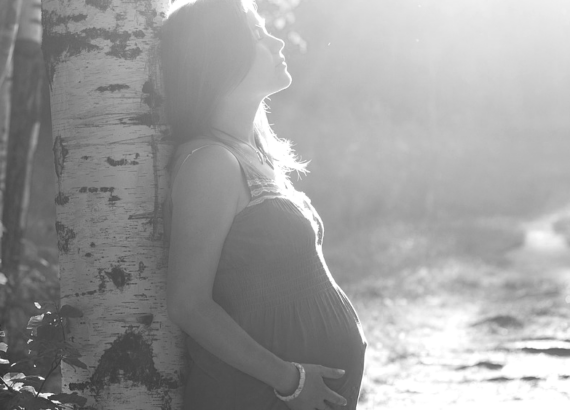Anxious Behaviors That May Actually Be Trauma Responses

Most anxious people tend to think of their anxiety as an innate part of who they are, something that is written into their DNA, fixed and unchangeable. While this may be true for some, the truth is more complex for others. In many cases, anxiety stems from our personal history and past traumas. It’s tied closely to our fight or flight instinct — a natural defense mechanism for avoiding danger — and can be triggered unconsciously by our environment.
In today’s post, we’ll explore the link between anxiety and trauma — and delve into the possibility that many anxious behaviors are actually trauma responses.
What is Trauma?
Contrary to popular belief, trauma is as much physiological as it is psychological. During a traumatic experience, our body responds by going into fight-or-flight mode. A surge in the production of stress hormones causes changes to our heart rate, breathing, and blood pressure. For some, time might seem to slow down or stop altogether — only to leave a fuzzy, indistinct memory of the events that took place.
What qualifies as a traumatic event is entirely subjective. One person may shrug off a dangerous experience, while another is deeply affected by it.
Memories & Triggers
We store traumatic memories as implicit memories. These unconscious muscle memories are ingrained deeply into our systems. Sometimes, especially after a series of traumatic events, our body learns to look for those signs of danger in advance.
Our senses and ability to recognize patterns often tie to triggers. A tone of voice, a particular scent, or even a physical sensation may set off our alarms without us knowing why.
Anxious Behaviors
There are several different ways that trauma may contribute to anxious behaviors. It’s important to note that these are defense mechanisms: our body’s way of protecting us from emotional or physical danger.
Avoidance
We tend to avoid people, places, and situations that we associate with past trauma. In these cases, our discomfort is a sign from our bodies meant to help keep us safe. Often, however, those defenses are highly tuned and oversensitive, keeping us from doing things we might otherwise enjoy.
Difficulty with Trust
Many people who have experienced trauma have difficulty trusting others. Past experiences have taught them to be on guard and that, in some cases, even loved ones or family members might be a source of danger. In this case, anxiety may present as feelings of discomfort and lack of safety in a romantic relationship or friendship, fearing abandonment, rejection, or betrayal.

Insomnia
Intrusive thoughts, nightmares, and disruptions to our sleep patterns are other symptoms of trauma presenting as anxious behavior. We stay up all night worrying about potential issues and possible problems at work or in our relationships.
Nausea & Fatigue
Sometimes, trauma presents in the form of physical discomfort, like nausea or fatigue.
Irritability
Emotional dysregulation and mood swings are common signs of trrauma. In some cases, this may result from attempting to push through discomfort and worry to do something that contradicts our instincts. In other cases, it could be a defense mechanism of its own — like a porcupine bristling its thorns to ward off danger.
Schedule a Consultation
Understanding the link between trauma and anxious behaviors is key to bringing those behaviors under control. In order to heal, it’s critical to identify, explore, and heal the underlying trauma. Reach out today if you’d like to explore forms of therapy that are effective in helping to resolve past trauma.




